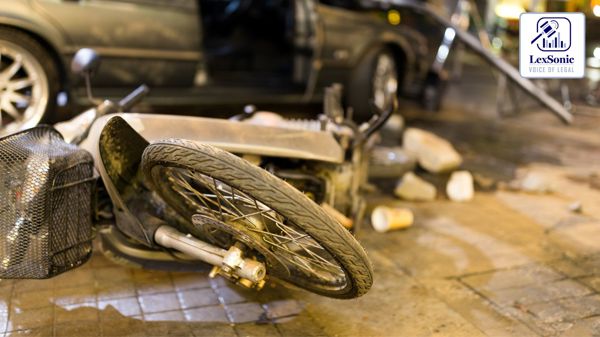Fake Plates, Stolen Car Cloud Fatal Accident Case: Remanded for Review.
05 January 2024
Consumer Complaints >> Civil & Consumer Law | Motor Accident >> Family Law
Key Issues and Tribunal Errors:
Conflicting Eyewitness Testimony: A key witness, Sudhir, testified that Naveen Kumar was driving the vehicle, contradicting the claimants' assertion that Sumit was the driver. The tribunal failed to adequately address this discrepancy, even neglecting to acknowledge Sudhir's statement in one of the cases.
Improper Inference of Guilt: The tribunal relied on an FIR and an anticipated charge sheet against Sumit to conclude he was the driver. However, the FIR did not name Sumit as the driver, and the charge sheet had not been filed at the time of the tribunal's award.
Casual Inquiry: The court heavily criticized the tribunal for not properly investigating the fake license plate, and the theft allegations. The judge stated that the tribunal should have summoned police officials to inquire about the investigation.

High Court's Decision and Remand:
- Conduct a thorough investigation into the circumstances of the accident, including the conflicting eyewitness testimony and the allegations of vehicle theft.
- Give Anil Kumar, the vehicle owner, an opportunity to present further evidence.
- Expedite the inquiry and conclude it within six months.
- Consider the large sum of money already deposited by the insurance company, and give directions as to its entitlement after the new ruling.
Legal Implications:
